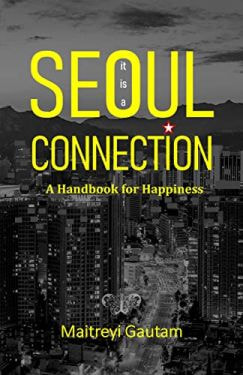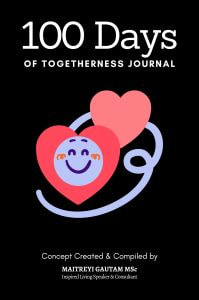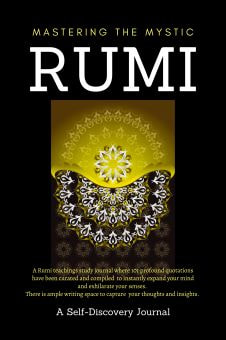| Maintaining a sleep journal is a great way to keep track of your sleep habits and improve your overall sleep health. It can play an important role in getting good night's rest. So, let's discuss the essential elements you should include in your sleep journal. Essential elements to include in your sleep journal | |
2. Sleep duration: Calculate your total snooze time each night by finding the difference between your bedtime and wake-up time. This way, you can ensure you're meeting your sleep needs and make adjustments if needed.
3. Time to fall asleep: Note approximately how long it takes you to drift off to dreamland once you're tucked in. If it's consistently taking a while, you may need to address factors that could be causing sleeplessness.
4. Sleep quality: Rate how well-rested or groggy you feel when you wake up. This can help you identify things that might be affecting the quality of your sleep, so you can make changes for the better.
6. Naps: Keep tabs on any daytime naps you take, including how long they last and when they occur. This can help you understand how napping affects your nighttime sleep and if you need to make any adjustments.
7. Sleep environment: Make a note of anything in your sleep environment that could impact your rest, such as room temperature, noise levels, or lighting. This info can help you create the perfect sleep oasis for better rest.
8. Pre-sleep routine: Record what you do before bed, like screen time, exercise, or relaxation techniques. Your pre-sleep routine can significantly impact sleep quality, so tracking these activities can help you identify areas for improvement.
9. Diet and caffeine intake: Document what you eat and drink, especially alcohol and caffeinated beverages, as these can influence your sleep. Monitoring your intake can help you make changes to promote better sleep.
10. Mood and stress levels: Keep track of how you're feeling emotionally and stress-wise each day, as these can directly affect your sleep. Spotting patterns between your emotional state and sleep quality can help you find ways to manage stress and sleep better.
In conclusion...
In conclusion, keeping a sleep journal involves documenting various aspects of your sleep habits and environment. By consistently recording and analyzing this info, you can gain a better understanding of your sleep health, tackle potential issues, and work towards a restful, rejuvenating slumber.



















